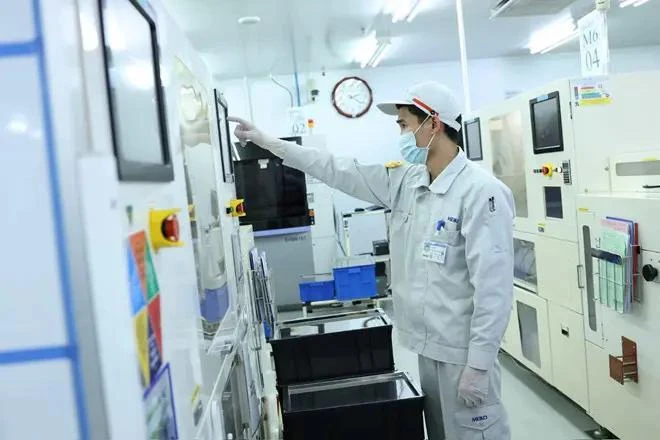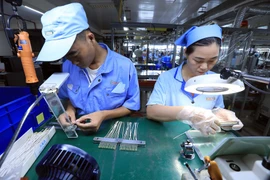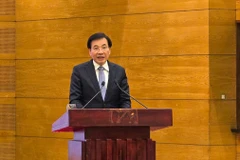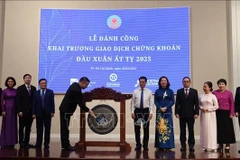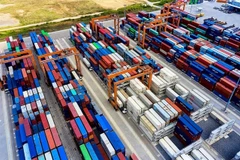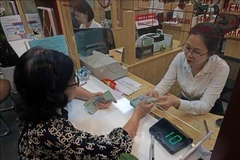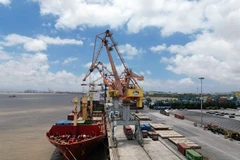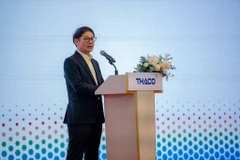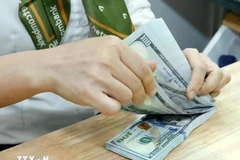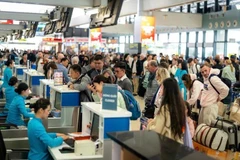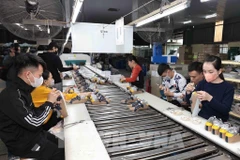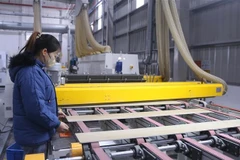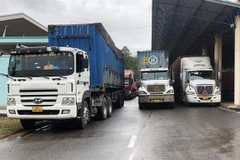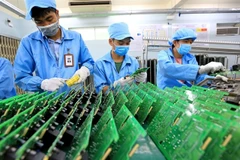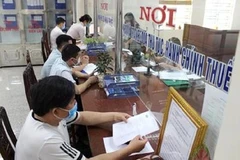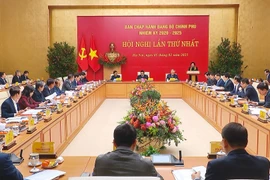Hanoi (VNA) – Vietnam, with its skilled workforce and competitive production costs, is poised to become a critical supplier of materials, components, and assemblies for the semiconductor industry, thus making a deeper penetration into the global value chain.
Deputy Minister of Planning and Investment Nguyen Duc Tam said the Prime Minister has issued a semiconductor industry development strategy by 2030, with a vision to 2050, aiming to position Vietnam as a leading centre for semiconductor manufacturing and research in the region.
The goal is not only to participate in the global value chain but also to build a semiconductor ecosystem serving Vietnam’s self-reliance and sustainable growth in the sector, Tam said. The PM has also approved a semiconductor workforce development programme, as Vietnam is actively promoting partnerships with developed economies to further drive this industry.
According to the global semiconductor association SEMI, the Vietnam market is projected to reach 7.01 billion USD by 2028, growing at an average annual rate of 6.69% between 2023 and 2028.
Dutch Ambassador to Vietnam Kees van Baar noted that the country can leverage its existing support industries for deeper integration into the semiconductor value chain. The Netherlands, with its robust semiconductor manufacturing base, is ready to collaborate with Vietnam, he stated.
Arnaud Ginolin, Managing Director and Partner at Boston Consulting Group (BCG), highlighted Vietnam’s unique opportunity within a favourable geopolitical climate and the government’s proactive policies on workforce development and investment attraction.
Chong Chan Pin, Vice Chairman of SEMI’s Southeast Asia Regional Advisory Board, pointed to improved infrastructure, progressive policies, and a talented, eager workforce, particularly the youth, as clear indicators of Vietnam’s potential. Additionally, the nation’s consistent GDP growth of 6% annually augurs well for its appeal in the region./.

Vietnam, Korean firms see high potential for collaboration in IT/semiconductors: survey
Entrepreneurs of Vietnam and the Republic of Korea (RoK) have defined information technology and semiconductors as the most promising areas for future economic cooperation between the two countries, according to a recent survey conducted by the Korea Chamber of Commerce and Industry (KCCI).
